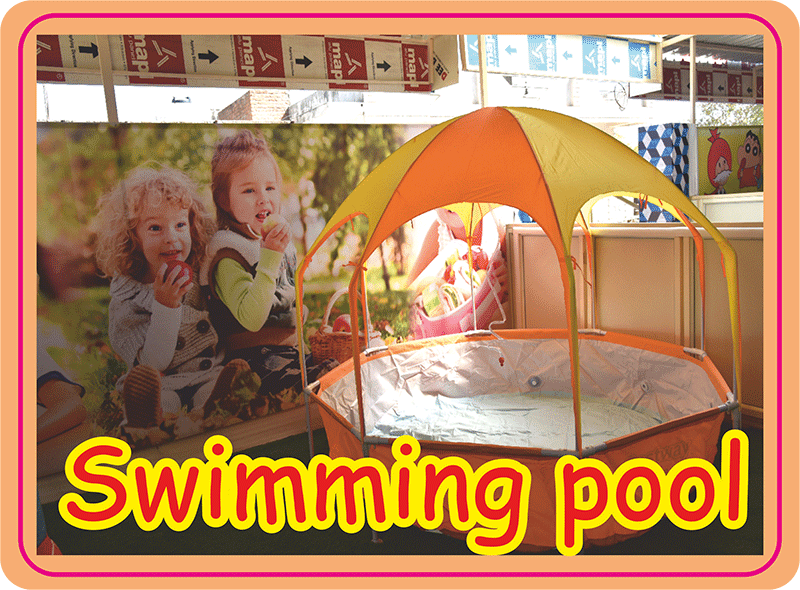Splish Splash Water Play
5 Interesting Benefits of Water Play in Early Childhood Development
Summer is here! One of our favourite activities here at Maatipre school in Sydney is enjoying the amazing Water equipment we have in our Outdoor areas in the CBD.
On hot days, it’s such a great way to cool off but there is much more to water play! Water Play provides hours of rich and valuable early childhood experiences to develop children’s creativity and imagination.
We acknowledge that the environment is a teacher. Water play is both enjoyable and educational. It helps children develop eye-hand coordination and math and science concepts. It also enhances social skills and encourages cooperation.
Splish Splash, the benefits of Water Play for children
1. Develop Motor skills
Water Play gives many opportunities to develop fine and gross motor skills across age ranges. Children will increase their fine motor skills and hand eye coordination through actions like pouring, squirting, scrubbing, stirring and squeezing.
It’s an amazing sensory experience introducing them to textures (slippy, slimy…) and temperatures. It will also help master the pincer grip which will enable them to hold a pencil correctly at school. Actioning the pump is a favourite of our pre-schoolers and sure helps building these large arm muscles!
2. Problem solving skills
Water play allows children to explore a substance and make discoveries about it. Observing a branch or paper float or sink will teach them, in a very practical way, how and why things happen. But above all it encourages them to use their imagination, develops creative thinking which plays an important role in problem solving.
3. Language development
Imagine the discussions you can have asking what they are doing.
Imagine then, the number of new words they will learn while having fun with water and having conversations about it! Basin, Damp, Depth, Drain, Flow, Drenched, Drizzle, Sieve…
At strategic moments during play with water, educators will ask intentional questions to extend children’s thinking, expand their memory and use evidence to support their ideas.
4. Social-emotional growth
Water play releases energy, it can be both invigorating or relaxing and calming for young children.
It increases their ability to concentrate on one activity when presented as a tranquil and repetitive activity (scooping, pouring and running their hands through the water). Gentle water play allows them to unwind, order their thoughts and relax.
It also encourages role play and crucial social skills like cooperation and sharing.
They learn to work with one or several children, to take turns and share the space and accessories with their friends.
At Maati we love seeing the interactions that the children have around water play when the Ocean and Outback Rooms share the outdoor area. There are a lot of bonds growing between the children in a big brother and big sister fashion. What an easy way to work on school readiness!
5. Science and Mathematics learning
Water Play builds the foundation for understanding various scientific concepts. Did you know we use water play to teach basic mathematics? It will introduce children to terms such as Full, Empty, Half, Less. We will measure, compare volumes and observe motion, maybe plant and animal life if we are lucky… We will count the rocks in the basin and notice the flow change as we move them. All these concepts are part of the Curriculum in Kindergarten. What a fun way to work on Preschool readiness programs! Science is everywhere around us.
Our educators not only monitor them and make sure they have sunscreen and hat when the sun is shining, they participate to the play showing they value them and their activities. They look for opportunities to stimulate fantasy play: make sure children have interesting options such as buckets, boats or dinosaurs (hey, they also need to cool down!).
At home, don’t hesitate to take buckets, cups, sifters, empty bottles … in a shaded area out in the garden or on the balcony and participate with your children to their pretend play, they are learning as well as enjoying your participation! Never leave children unattended during Water Play.

